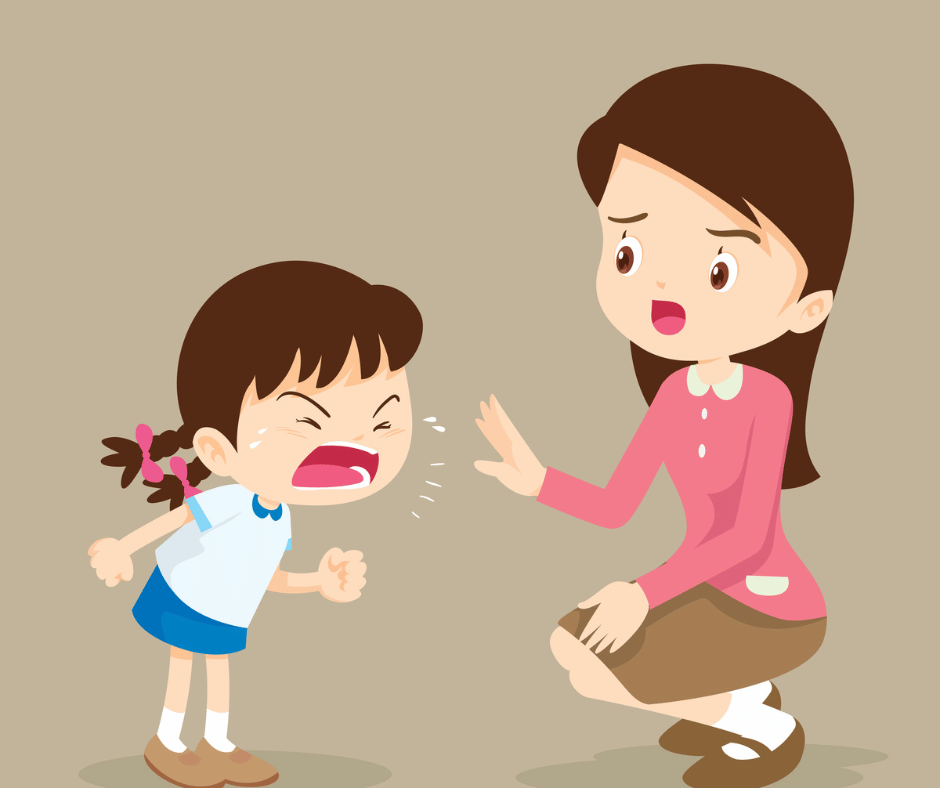Parenting is one of the most rewarding yet challenging roles we undertake. The joy of seeing our children grow and learn is often accompanied by frustration and anger. These emotions are natural, but when they start to control us, they can harm our relationship with our children and hinder their emotional development. This article explores strategies for managing anger and maintaining a calm and supportive parenting approach.
Understanding the Impact of Anger
Before diving into the strategies, it’s crucial to understand the impact of uncontrolled anger on your child. When parents frequently express anger, children may:
- Feel Insecure: Constant exposure to anger can make children feel unsafe and anxious.
- Develop Behavioral Issues: They might mimic aggressive behaviors or develop issues such as defiance and tantrums.
- Struggle with Emotional Regulation: Children learn to manage their emotions by observing their parents. If anger is a common response, they might struggle to develop healthy coping mechanisms.
Strategies for Managing Anger
- Identify Triggers: Recognize the situations that trigger your anger. Is it the morning rush, homework time, or sibling rivalry? Understanding your triggers can help you prepare and respond more calmly.
- Practice Mindfulness: Mindfulness involves staying present and fully engaging in the moment without judgment. Deep breathing, meditation, and progressive muscle relaxation can help you stay calm and centered, even during stressful situations.
- Take a Timeout: If you feel your anger rising, taking a step back is okay. A short break can provide the space to cool down and approach the situation with a clearer mind. Please encourage your child to do the same when they feel overwhelmed.
- Communicate Effectively: Use “I” statements to express your feelings without blaming or criticizing. For example, say, “I feel frustrated when toys are left on the floor because I could trip and hurt myself,” instead of, “You never pick up your toys.”
- Set Realistic Expectations: Understand that children are still learning and growing. Set age-appropriate expectations and be patient with their progress. Celebrate their efforts and achievements, no matter how small.
- Model Positive Behavior: Children learn by watching their parents. Demonstrate healthy ways to cope with anger, such as talking about your feelings, taking deep breaths, or engaging in a calming activity.
- Create a Supportive Environment: Build a home environment that promotes calm and positive interactions. Establish routines, set clear rules, and provide consistent consequences for negative behavior. A structured environment can reduce stress and prevent anger-inducing situations.
- Seek Professional Help: If you find it challenging to manage your anger despite trying various strategies, consider seeking help from a therapist or counselor. They can provide you with tools and techniques tailored to your specific needs.
Building a Stronger Connection
Managing anger is not just about controlling your temper; it’s about fostering a deeper connection with your child. When you approach parenting with patience and understanding, you create a safe space for your child to express themselves and grow. Here are some additional tips to strengthen your bond:
- Spend Quality Time Together: Engage in activities that you both enjoy. Whether it’s playing a game, going for a walk, or simply talking, quality time helps build trust and connection.
- Listen Actively: Listen to your child’s words without interrupting or judging. Show empathy and validate their feelings, even if you disagree with their perspective.
- Encourage Open Communication: Create an environment where your child feels comfortable sharing their thoughts and feelings. Please encourage them to express themselves openly and respectfully.
- Practice Positive Reinforcement: Recognize and praise your child’s positive behaviors. Positive reinforcement can motivate them to make good choices and improve their self-esteem.
- Teach Problem-Solving Skills: Help your child develop problem-solving skills by working through challenges together. Please encourage them to think of solutions and consider the consequences of their actions.
Parenting is a journey filled with ups and downs. You can build a stronger, more positive relationship with your child by mastering your anger and approaching challenges with patience and empathy. Remember, it’s not about being perfect but about being present and supportive. With these strategies, you can create a nurturing environment where your child feels loved, understood, and valued.
